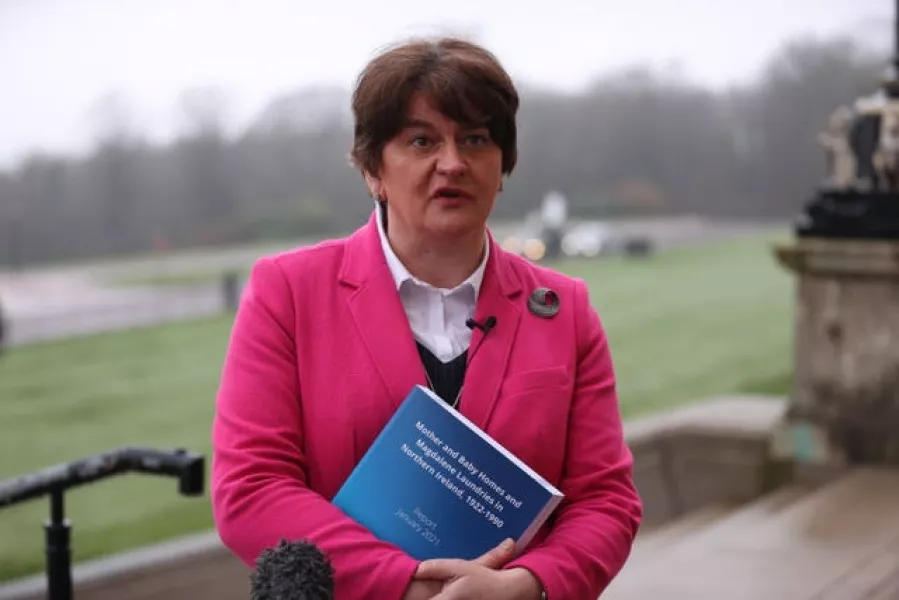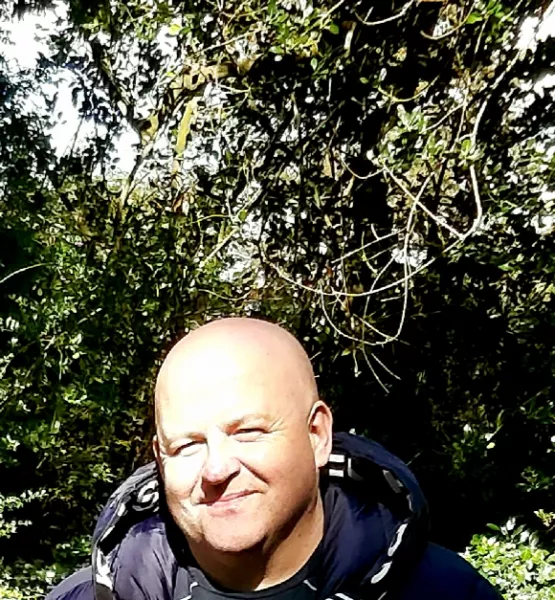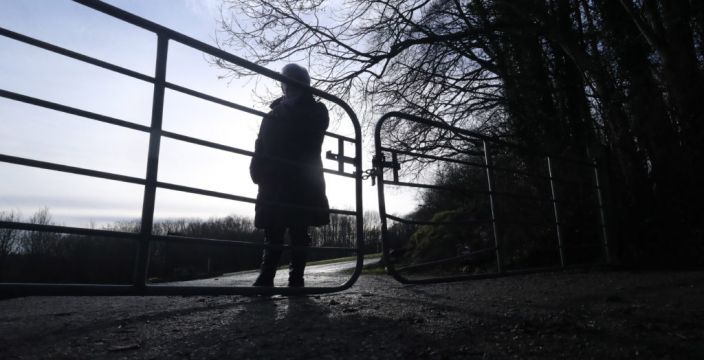A survivor of a mother and baby home has said she wants to see a public inquiry now, not in six months’ time.
Adele, 69, who spent time at the Marianvale home in Newry as a teenager, said the Stormont Executive needs to step up.
She was speaking after a research report was published shedding light for the first time on how mother and baby homes and Magdalene Laundries in Northern Ireland operated.
It revealed that more than 14,000 girls and women were placed in mother and baby homes, Magdalene Laundries and industrial homes between 1922-1990.

First Minister Arlene Foster spoke in the Assembly of “huge regret” at the experiences many of these women had had.
The Stormont Executive has committed to an independent investigation, shaped by survivors to be completed within six months.
Mrs Foster said a statutory public inquiry may be the outcome of that process.
But Adele said survivors of the homes need the Executive to “step up”.
“We need the Executive to step up and address this issue very promptly,” she told the PA news agency.
“The women are becoming much older and have many and varied health issues, and the longer it goes on, many will die.
“We need an open and transparent public inquiry, very much led by the survivors.”
She added: “I’m not totally impressed, a public inquiry is necessary and what we deserve.
“It needs to be addressed and it needs to be addressed promptly.
“It’s baby steps in the right direction but it hasn’t gone far enough.”
Eunan Duffy also expressed concerns, both about the report and the length of time it has taken.
Adopted at a young age, he discovered in 2016 that his birth mother had been placed at the Marianvale home and has been campaigning for what happened there over decades to be exposed.
Mr Duffy described himself as one of thousands who came through the system.

He said he felt disappointed that the report had not delved further into cross-border adoptions as well as the potential of babies being buried in the grounds of homes, and further queried why the report had taken so long to complete.
Mr Duffy also stressed the importance of cross-border co-operation in the investigation of the institutions.
“I told Arlene Foster and Michelle O’Neill that we can’t go forward until we have raised all the issues of the past,” he said.
“We were excluded from the Historical Institutional Abuse Inquiry, here we are in 2021, we could have had two public inquiries in that time.
“They (ministers) talked about a focus on infant mortality rates and adoptions, but the death and burial circumstances are extremely important because they form part of what actually happened.”
Mr Duffy also stressed there should be recognition that fathers pressed for access after their pregnant partners were taken to mother and baby homes.
“One of the good things in the report is statistics about fathers trying to make an effort to be involved,” he said.
“I know fathers that wanted to be involved that were bullied, threatened and intimidated to leave the girl alone.”







